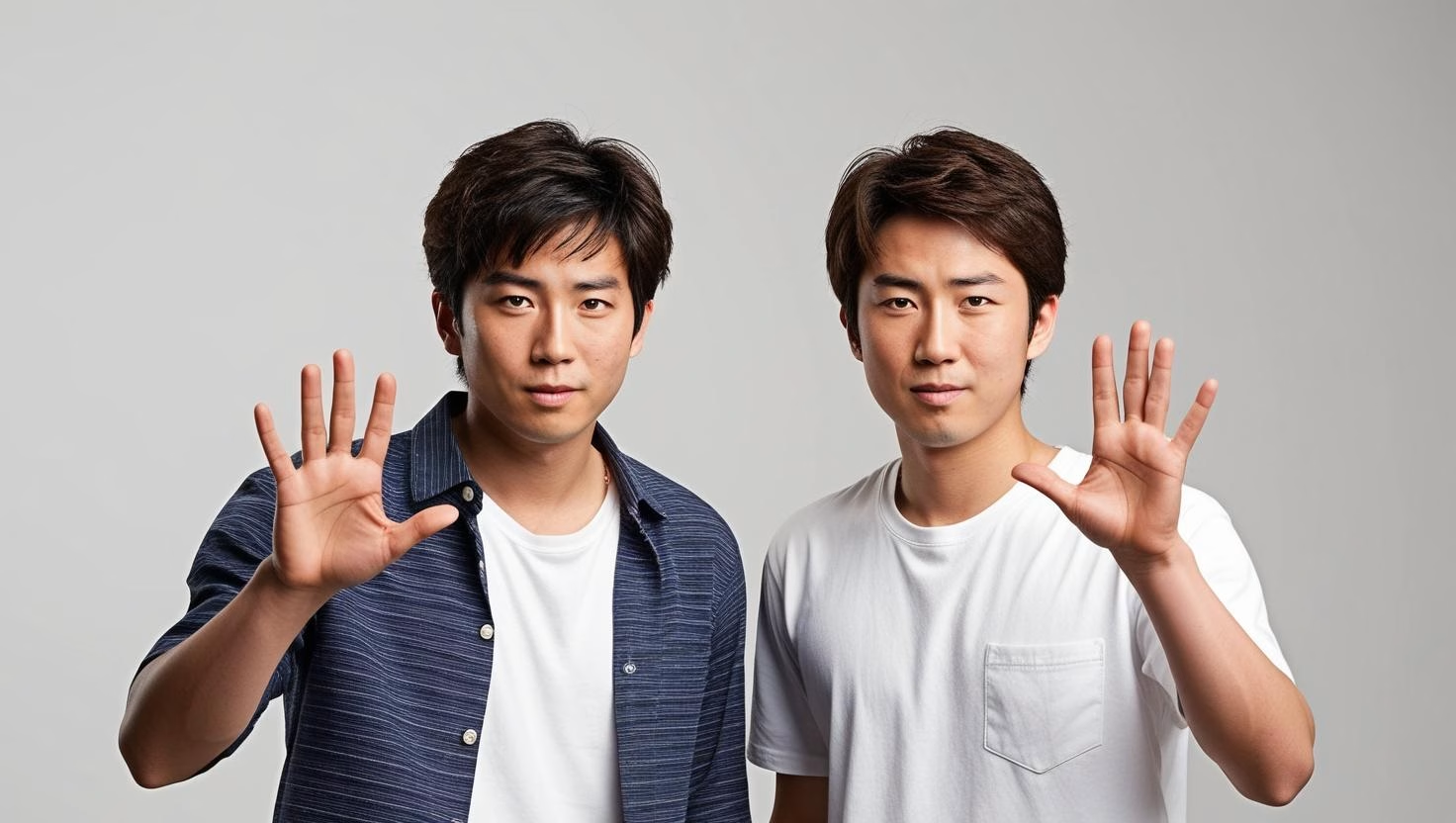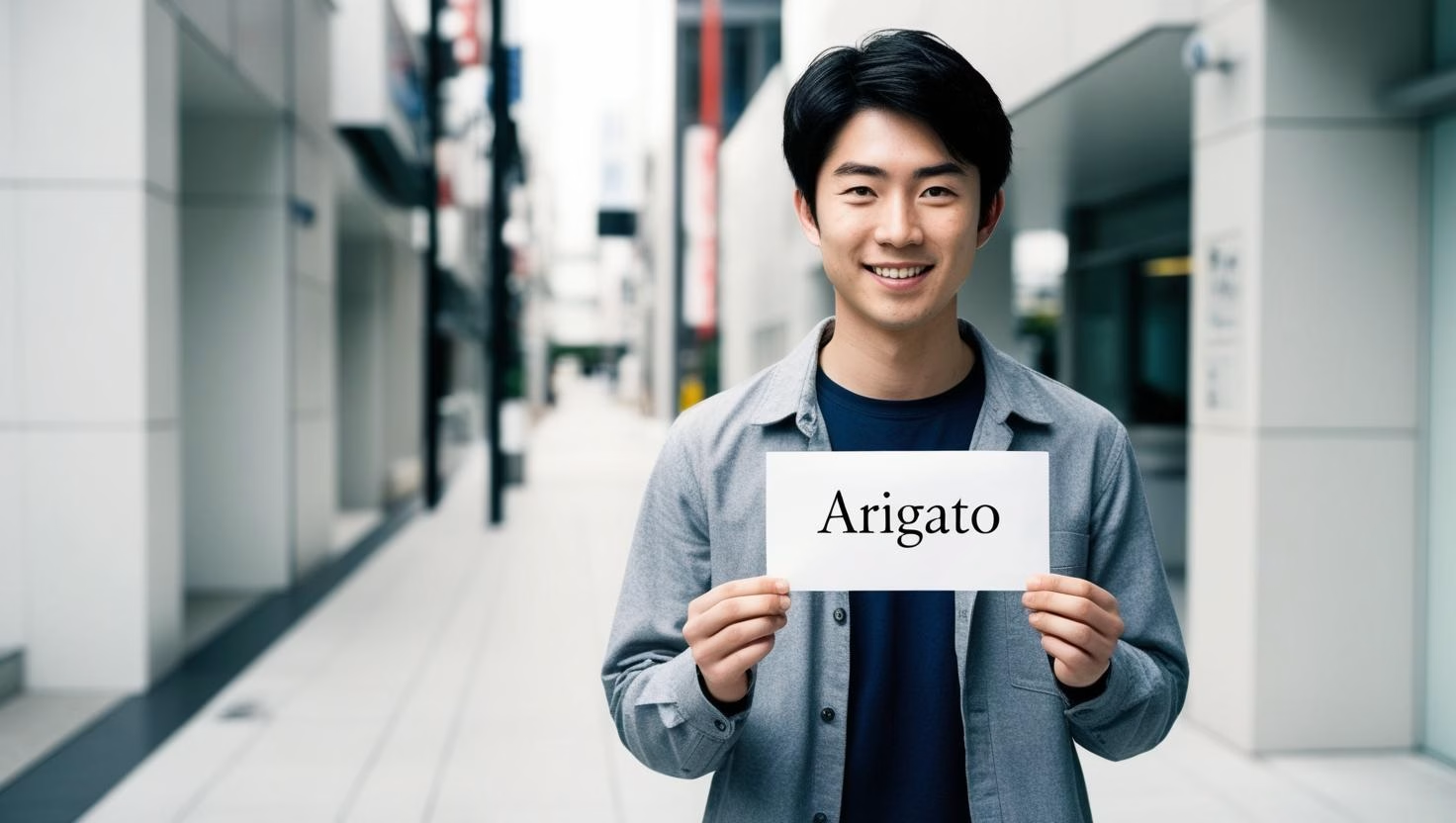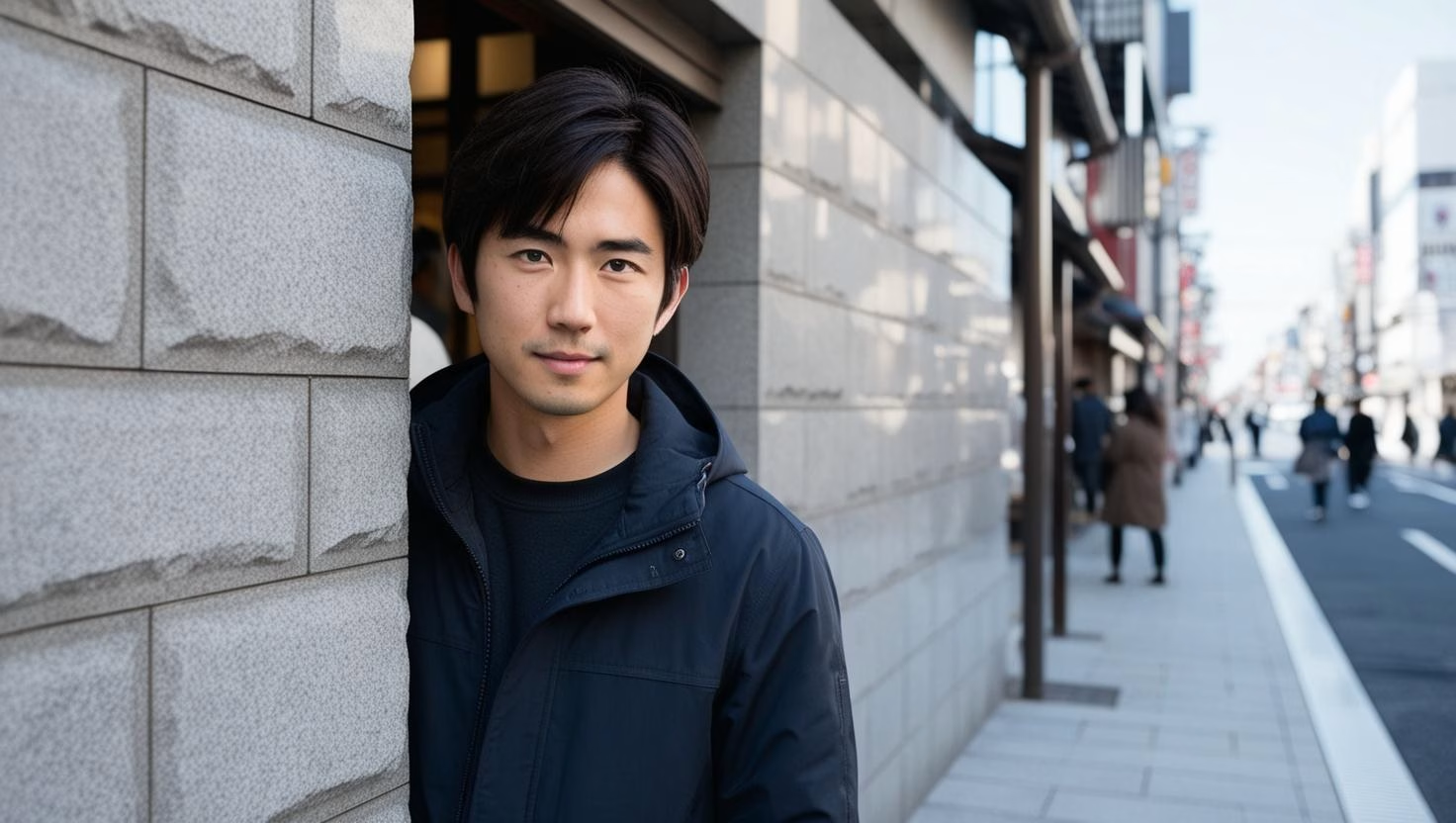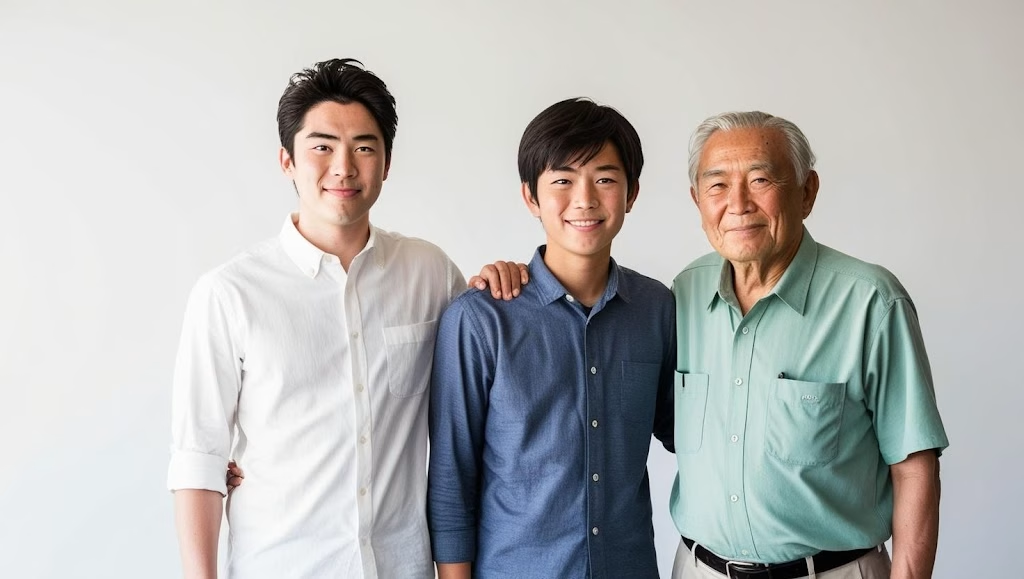When learning Japanese, we will come across many interesting phrases that have special meanings in the context of culture and everyday communication. One of them is the phrase “Yamete Kudasai.” This phrase is often used in various situations, ranging from serious contexts to lighter and humorous ones. To understand this phrase in depth, this article will dissect its meaning, context of use, and other nuances contained in it.
Key Points
“Yamete Kudasai” is a Japanese phrase that literally means “please stop” and has a variety of emotional overtones.
The use of this phrase can vary from serious to joking contexts, depending on the situation and intonation.
Misunderstandings often arise around this phrase, so it is important to understand its context and nuances.
This phrase has adapted to popular culture and social media, bringing Japanese culture closer to younger generations around the world.
What is “Yamete Kudasai”?
“Yamete Kudasai” is a Japanese phrase that literally means “please stop.” The phrase is made up of two parts: “yamete,” which is the imperative form of the word “yameru,” which means “stop,” and “kudasai,” which is the polite form of “please.” The overall meaning of the phrase is to ask someone to stop something that is considered undesirable or hurtful.
This phrase can be used in a variety of situations. For example, someone who is feeling pressured or uncomfortable can clearly state “Yamete Kudasai” when they want something to stop. The power of this phrase lies in its need to support someone’s feelings. In Japanese culture, the expression of polite behavior and respect for one another is very important. Therefore, “Yamete Kudasai” shows respect and politeness in asking to stop.
In addition, in the world of media and entertainment, this phrase also often appears in anime and manga. Characters who are often in awkward or sad situations often shout “Yamete Kudasai!” to show their discomfort. This shows its dramatic and comedic nature, making this phrase easily recognizable by anime fans around the world. With a deeper understanding of this phrase, we can pay more attention to the context in which it is used and how to convey it well in everyday conversation.

Context of Using "Yamete Kudasai" in Daily Life
In everyday life, “Yamete Kudasai” can appear in various contexts. Often, people use this phrase when they feel uncomfortable with a situation, either physically or emotionally. For example, in the context of a social interaction, if someone feels disturbed or asked too many questions, they can politely say “Yamete Kudasai” to ask for the interaction to stop.
In more personal situations, this phrase can also be used in romantic relationships. When a partner does something that is uncomfortable, such as excessive joking or behavior that may have crossed a line, using “Yamete Kudasai” can be an effective way to convey boundaries. This emphasizes the importance of communication in a healthy relationship.
In addition, this phrase is also often used in educational contexts. A student can use “Yamete Kudasai” when feeling overwhelmed by the assignment given by the teacher or lecturer. In this case, this expression not only shows their discomfort but also helps the teacher or lecturer to organize a more appropriate and communicative teaching approach.
Finally, in popular culture such as anime and manga, the phrase has gained a strong presence. Often, characters who are experiencing a particularly emotional event will say “Yamete Kudasai.” This is often accompanied by a dramatic facial expression, increasing the emotional appeal of the situation they are in. For example, in a romance drama, a character might shout “Yamete Kudasai” when faced with a stressful situation. This makes the phrase feel more relatable to the audience, while also showing the overall dynamics of the developing story.
The Emotional Nuances Behind “Yamete Kudasai”
One of the interesting aspects of “Yamete Kudasai” is the emotional nuances it contains. This phrase is not just a request to stop, but can also reflect deep feelings such as irritation, helplessness, or even confusion. In many cases, these emotions can vary greatly depending on the context and situation in which the phrase is uttered.
For example, when someone shouts “Yamete Kudasai!” in a frustrated tone, it indicates that they have reached their breaking point. On the other hand, if the phrase is said in a lighthearted or joking tone, it could indicate that someone does not actually feel threatened, but perhaps just wants to end a joke or silly situation that has gone on for too long.
The key to understanding this nuance lies in the intonation and facial expression when saying it. In many cases in anime or movies, the emotional state of the character is expressed through the way they say “Yamete Kudasai.” This helps the viewer or listener feel the underlying emotion. In everyday communication, especially in deeper interactions such as conversations between close friends or couples, this expression can mean a lot. For example, when a friend is tired of listening to your constant jokes, they might say “Yamete Kudasai” with a smile, as if to say, “Okay, enough! But I like being with you.”
This form of complexity can be very reflective of the dynamics in human relationships. The emotions that arise can differ depending on the context, and this suggests that a deeper understanding of expressions can enrich our experience of communication.
Misunderstandings and Interpretations of “Yamete Kudasai”
Although “Yamete Kudasai” has a clear meaning, many people still misunderstand or misinterpret this phrase. One common misconception is that this phrase is always used with a negative connotation. In many contexts, as explained earlier, “Yamete Kudasai” can be used in a humorous or joking manner. It is important to understand the intonation and context when hearing it so as not to misinterpret it.
There is also a perception that this phrase always shows sadness or helplessness. However, in some situations, this expression can be used as a way to end something elegantly without feeling pressured. For example, when in a conversation that is too long or complicated, someone can say "Yamete Kudasai" to ask for a pause, and this is not a sign of helplessness, but rather a request to take a breath.
On the other hand, when it comes to intercultural communication, some people from other cultural backgrounds may not fully understand the nuances contained in this phrase. This is very possible, especially in the context of an emotionally charged conversation. Some people may feel offended if they hear it, because they do not understand that in Japanese culture, it is often used in a more relaxed or humorous context.
Ultimately, this misunderstanding can be alleviated by taking a more communicative approach. Explaining the meaning and nuance behind “Yamete Kudasai” to others can help increase connection and reduce tension. In cross-cultural communication, this explanation is important so that all parties understand the original meaning and context of the expression and reduce the potential for misunderstanding.
“Yamete Kudasai” in Popular Culture and Social Media
In today’s digital and globalized era, “Yamete Kudasai” has become an increasingly common term, especially on social media and popular culture. The phrase has made its way into many memes, videos, and other creative content that dominate the platforms. This reflects how the Japanese language and culture have penetrated various segments of society, especially among the younger generation.
In the context of anime and manga, “Yamete Kudasai” often appears in dramatic situations that explore themes of love, friendship, and other intense emotions. Characters who are experiencing pain or distress often use this phrase to show the depth of their feelings. In this way, the phrase provides an emotional layer that is interesting to the audience and encourages them to feel empathy for the characters.
Social media has also witnessed a trend where many users have started using “Yamete Kudasai” in a joking context. In various memes, the phrase may be used to create an element of humor by adding it to a video or image that contains an absurd or humorous situation. For example, someone might picture themselves serving food to guests at a wedding, adding the phrase to enhance the comedic effect.
Furthermore, in the context of communication, many users have started using “Yamete Kudasai” in short messages or chats. When someone feels uncomfortable with the topic being discussed, they may use this phrase to ask the conversation to move to a more pleasant topic. This speaks to how this phrase has been adapted and modified to meet the needs of modern communication without losing its meaning.
The presence of “Yamete Kudasai” in popular culture and social media shows not only the catchiness of the phrase, but also how Japanese culture continues to evolve and adapt in a global context. Seeing its use across platforms makes us more aware of the importance of continuing to learn about other languages and cultures, and how we communicate with each other.
Conclusion
Overall, “Yamete Kudasai” is a Japanese phrase that is more than just a simple request to stop. It conveys a range of emotional nuances, from frustration to humor, and has found its place in a variety of contexts, from everyday interactions to pop culture. Understanding this phrase well will not only improve our ability to communicate in Japanese, but also foster a sense of empathy and mutual understanding in our interactions with others.
As this phrase becomes more popular on social media and in global culture, we can see how much influence the Japanese language and culture has on the world. Therefore, it is important for us to continue to explore and appreciate the beauty and complexity of this language.
FAQ (Frequently Asked Questions)
What does “Yamete Kudasai” mean in English?
“Yamete Kudasai” means “please stop” in English.
When is the best time to use “Yamete Kudasai”?
This phrase can be used in situations where you feel uncomfortable or want to ask someone to stop doing something.
Is “Yamete Kudasai” always negative?
No, this phrase can have a humorous or joking connotation depending on the context and intonation when spoken.
How did this phrase appear in popular culture?
“Yamete Kudasai” appears frequently in anime, manga, and social media, often used in humorous or emotional situations.

















